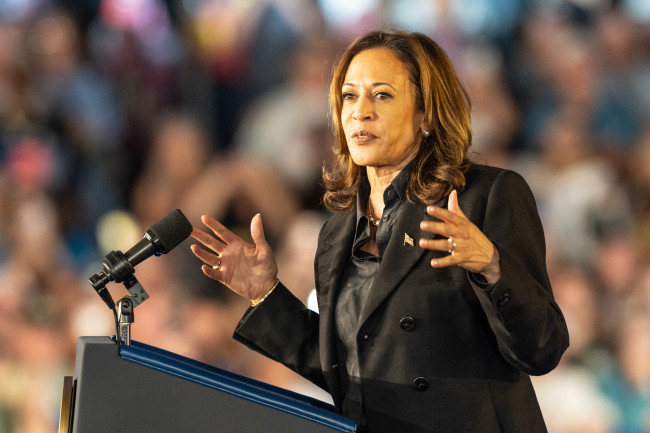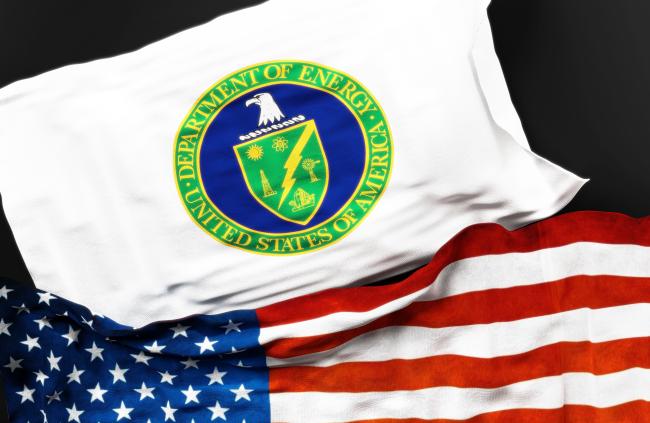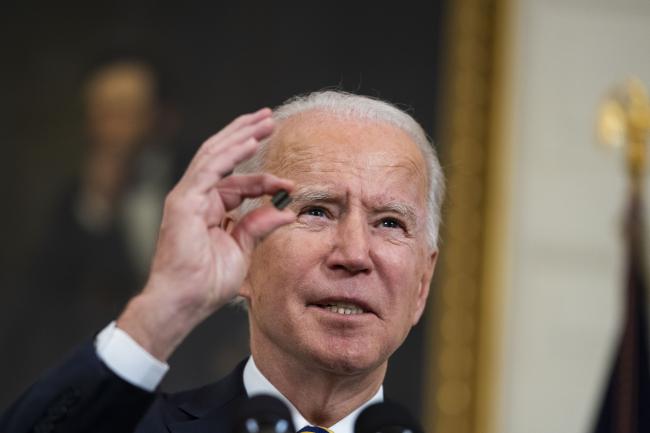The Future of the American Leadership: Between Renewal and Delegation

In an effort to preserve its global leadership, the United States has engaged in a “double rebalancing”; a geopolitical rebalancing, as illustrated by the “pivot to Asia,” and a rebalancing of means, with the Obama administration increasingly advancing diplomatic and economic negotiations (economic statecraft), emphasizing the indirect uses of military force and opening up reinforced dialogue with new actors.
In this context, the transatlantic relationship has become increasingly important, at a time when Americans expect Europeans to take on responsibilities of their own.
This paper is published In French only: L'avenir du leadership américain : entre renouvellement et délégation
Related centers and programs
Discover our other research centers and programsFind out more
Discover all our analyses
RAMSES 2025. Between Powers and Powerlessness
Never before have there been so many powers able to upset the international balance of power, and never before have the dominant powers seemed so powerless to counter the fragmentation of the world.
Kamala Harris's Economic Program
Since receiving the Democratic nomination in the wake of President Joe Biden’s decision to step aside in the 2024 American presidential race, Vice-President Kamala Harris has been striving to define her own policy platform to attract voters in the limited time remaining before the November 5th election. Since the economy is a central issue for American voters, Harris developed several propositions in that area.
IRA: Towards Clean Hydrogen Leadership in the U.S.
Although late in adopting clean hydrogen (H2) and defining a national strategy–a draft was presented by the Department of Energy (DOE) in September 2022–, the United States (US) has strongly reinforced its support to clean hydrogen with the passage of the Inflation Reduction Act (IRA) in August 2022.
Convince and Coerce: U.S. Interference in Technology Exchanges Between its Allies and China
The tough-on-China policy adopted by the Trump and Biden administrations has – and will increasingly have – important consequences for Washington’s allies, both on their infrastructure choices (5G, submarine cables...) and on their technological exchanges with China.











